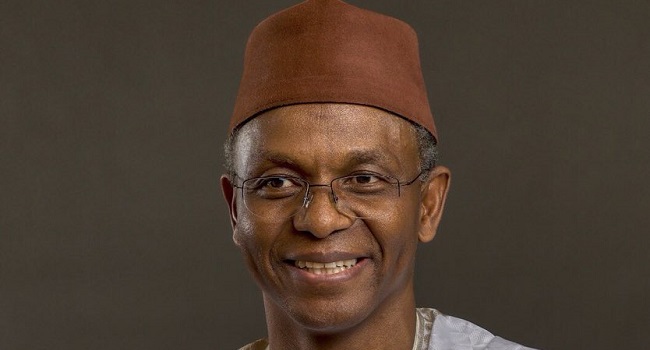Metro
Kaduna approves payment of new minimum wage from September

The Kaduna State Executive Council has approved the payment of the new national minimum wage and consequential adjustments to civil servants beginning from 1st September, 2019.
This was disclosed on Monday at the end of the state Executive Council meeting, chaired by the Deputy Governor, Dr. Hadiza Balarabe.
According to a statement issued by the Special Adviser to the Governor on Media & Communication, Muyiwa Adekeye, the council deliberated on the minimum wage memo and unanimously approved commencement of the implementation in September 2019.
He noted in the statement, “The Executive Council stated it’s that commitment to the public service includes a desire to improve the standard of living of workers in the state.
“Pursuant to that, the Kaduna State Government launched a pay review process early in 2018. A cabinet committee was charged with exploring how the Kaduna State Government can sustainably improve public sector salaries.
Read also: We have enough in our storage, FG allays fears over possible fuel scarcity in Lagos
“Guided by the twin principles of ability to pay and sustainability, the government considered several scenarios, bearing in mind the trend of internally generated revenues and allocations from the federation account.
“Several salary scenarios were considered, and one option was identified as most prudent. A final decision was suspended as negotiations for a new national minimum wage appeared to gather momentum. It was reactivated after the Federal Government announced the new national minimum wage in April 2019.
“Paying the new national minimum wage and consequential adjustments will increase the wage bill of the Kaduna State Government by 33%. Gross monthly salary outlay will rise to N3.759bn from the current N2.827bn.
“This almost N1bn monthly increase in the wage bill means that salary and pension commitments will take the lion’s share of state government expenditure. Meeting these salary obligations while meeting development objectives for citizens will further raise the pressure to expand and deepen revenue sources and collections.
“According to the new wage structure, the lowest paid workers in the civil service enjoyed increments of as much as 67%. Middle-ranking officers from Grade 10 to 14 were awarded increments of 60%,” he said
Join the conversation
Support Ripples Nigeria, hold up solutions journalism
Balanced, fearless journalism driven by data comes at huge financial costs.
As a media platform, we hold leadership accountable and will not trade the right to press freedom and free speech for a piece of cake.
If you like what we do, and are ready to uphold solutions journalism, kindly donate to the Ripples Nigeria cause.
Your support would help to ensure that citizens and institutions continue to have free access to credible and reliable information for societal development.
























